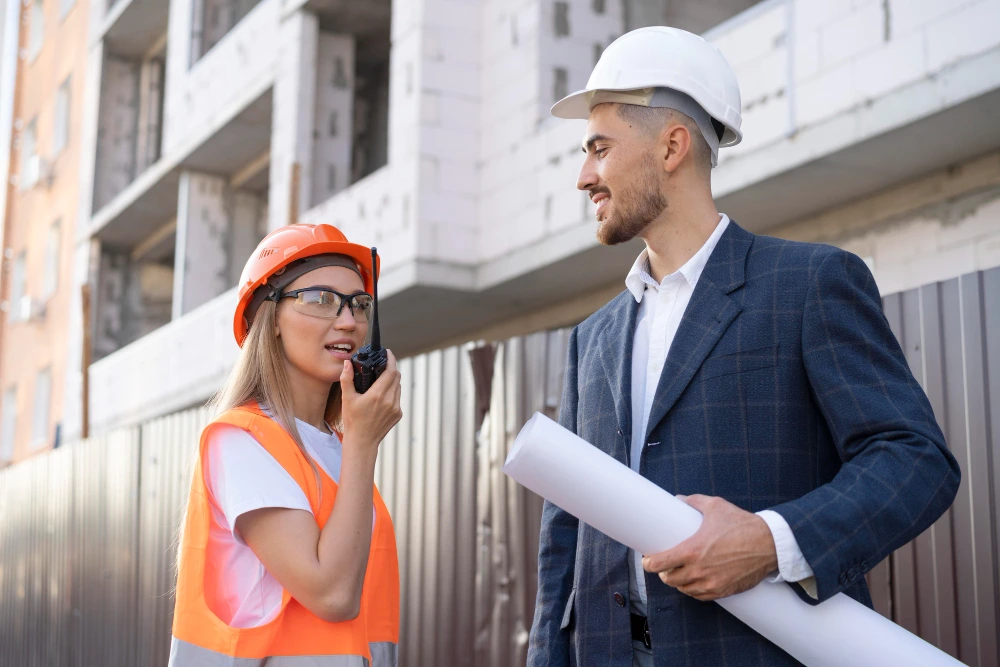Commercial building inspections are comprehensive assessments of a property’s condition, focusing on its structural integrity, safety, and functionality. These inspections encompass various aspects, such as the building’s structural integrity, mechanical and electrical systems, plumbing, fire safety measures, and accessibility. An inspection may vary based on the type of property and its intended use. The main objective is to identify any current problems that could affect the property’s worth, safety, or operational effectiveness.
Assessing structural integrity
The primary focus of a commercial building inspection is to evaluate the property’s structural integrity. Inspectors will examine the foundation, walls, roof, and load-bearing components for any signs of damage, settlement, or instability. Inspectors will search for cracks, deflection, or any signs of structural issues that might jeopardise the building’s safety. Detecting these issues early enables you to make informed choices regarding essential repairs or renovations prior to completing the purchase.
Evaluating mechanical and electrical systems
Commercial properties rely heavily on their mechanical and electrical systems to maintain a functional environment. During an inspection, the inspector will assess the heater, ventilator, and air conditioner systems, ensuring they are properly sized and well-maintained. They will also examine the electrical wiring, panels, and distribution systems to ensure they are up to code and handle the building’s current and future electrical demands. Identifying any deficiencies in these systems helps you plan for necessary upgrades or repairs.
Investigating plumbing and water management
Plumbing and water management are crucial aspects of any commercial property. Inspections assess plumbing fixtures, pipes, and drainage systems to check for leaks, corrosion, or insufficient water pressure. They will also inspect the water heaters, sump pumps, and backflow prevention devices to verify their proper functioning. The inspector will evaluate the property’s stormwater management and reduce the likelihood of flooding or moisture-related problems.
Identifying potential environmental hazards
Commercial properties may be susceptible to various environmental hazards that pose health risks to occupants and legal liabilities for property owners. During a building inspection, the inspector may assess the property for the presence of asbestos, lead-based paint, mould, or other hazardous materials. They might also assess the indoor air quality of the property, checking for indicators of inadequate ventilation, moisture accumulation, or other issues that could lead to an unhealthy workspace. Identifying these hazards early on allows you to take appropriate remediation measures and ensure a safe and healthy space for tenants or employees. Click to read more about building inspections in Sydney.
Planning for future maintenance and repairs
A commercial building inspection not only identifies existing issues but also helps you plan for future maintenance. The inspector will furnish a comprehensive report detailing the current condition of the property, including any expected repairs that might be needed soon. This report is crucial for budget planning, helping you allocate resources efficiently and steer clear of unforeseen costs in the future. By proactively addressing maintenance needs, you extend the life of the building’s systems and components, ultimately saving money and preserving the property’s value.






